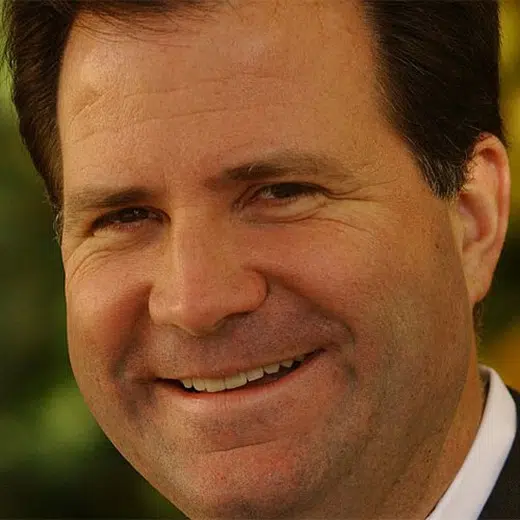By Wayne Cole
SYDNEY (Reuters) – Asian shares got off to a subdued start on Monday as a U.S. holiday made for slow trading ahead of minutes of the last Federal Reserve meeting and a reading on core inflation that could add to the risk of interest rates heading higher for longer.
Geopolitical tensions were ever present with North Korea firing more missiles and talk of Russia ramping up attacks in Ukraine before Friday’s one- year anniversary of the invasion.
There were reports the White House planned new sanctions on Russia, while Secretary of State Antony Blinken on Saturday warned Beijing of consequences should it provide material support, including weapons, to Moscow.
All of which made for a cautious start and MSCI’s broadest index of Asia-Pacific shares outside Japan was largely flat, after sliding 2.2% last week. Japan’s Nikkei dipped 0.2% and South Korea 0.4%.
S&P 500 futures eased 0.2%, while Nasdaq futures lost 0.3%. The S&P touched a two-week low on Friday as a run of strong U.S. economic news suggested the Fed might have more to do on interest rates even after hiking a huge 450 basis points in 11 months.
“It’s the most aggressive Fed tightening in decades and U.S. retail sales are at all-time highs; unemployment at 43-year lows; payrolls up over 500k in January and CPI/PPI inflation reaccelerating,” noted analysts at BofA. “That’s a Fed mission very much unaccomplished.”
They warned the repeated failure of the S&P 500 to break resistance at 4,200, could unleash a retreat to 3,800 by March 8.
Markets have steadily lifted the expected peak for Fed funds to 5.28%, while sharply scaling back rate cuts for later this year and next.
Minutes of the Fed’s last meeting due on Wednesday should add colour on the deliberations, though they have been superseded somewhat by barnstorming numbers on January payrolls and retail sales.
The latter means figures on U.S. personal consumption expenditures (PCE) due this Friday are expected to show a 1.3% jump in January, more than recovering from weakness in the prior two months.
The Fed’s favoured inflation indicators, the core PCE index, is seen rising 0.4%, the biggest gain in five months, while the annual pace may have slowed just a fraction to 4.3%.
There are also at least five Fed presidents speaking this week, to provide running commentary.
Earnings season continues this week with major retailers Walmart and Home Depot set to offer updates on the health of the consumer.
Other companies reporting include chip company Nvidia, COVID-19 vaccine maker Moderna and e-commerce store front eBay.
The prospect of more Fed hikes has lifted Treasury yields and generally supported the dollar, which hit a six-week top on a basket of currencies last week.
The euro was stuck at $1.0676, having touched a six-week low of $1.0613 on Friday, while the dollar was just off a two-month top on the yen at 134.34.
Investors are anxiously awaiting Friday’s testimony from the newly nominated head of the Bank of Japan, and his thinking on the future of yield curve control (YCC) and super-easy policy.
Any hint of an early end to YCC could see yields spike globally and send the yen surging, so analysts assume Kazuo Ueda will be careful not to spook markets.
Higher yields and a firmer dollar have not been good for gold, which was struggling at $1,837 an ounce and not far from a five-week low of $1,807. [GOL/]
Oil prices were trying to steady after shedding around 4% last week amid signs of ample supply and concerns over future demand. [O/R]
Brent edged up 14 cents to $83.14 a barrel, while U.S. crude rose 15 cents to $76.49.
(Reporting by Wayne Cole; Editing by Shri Navaratnam)






